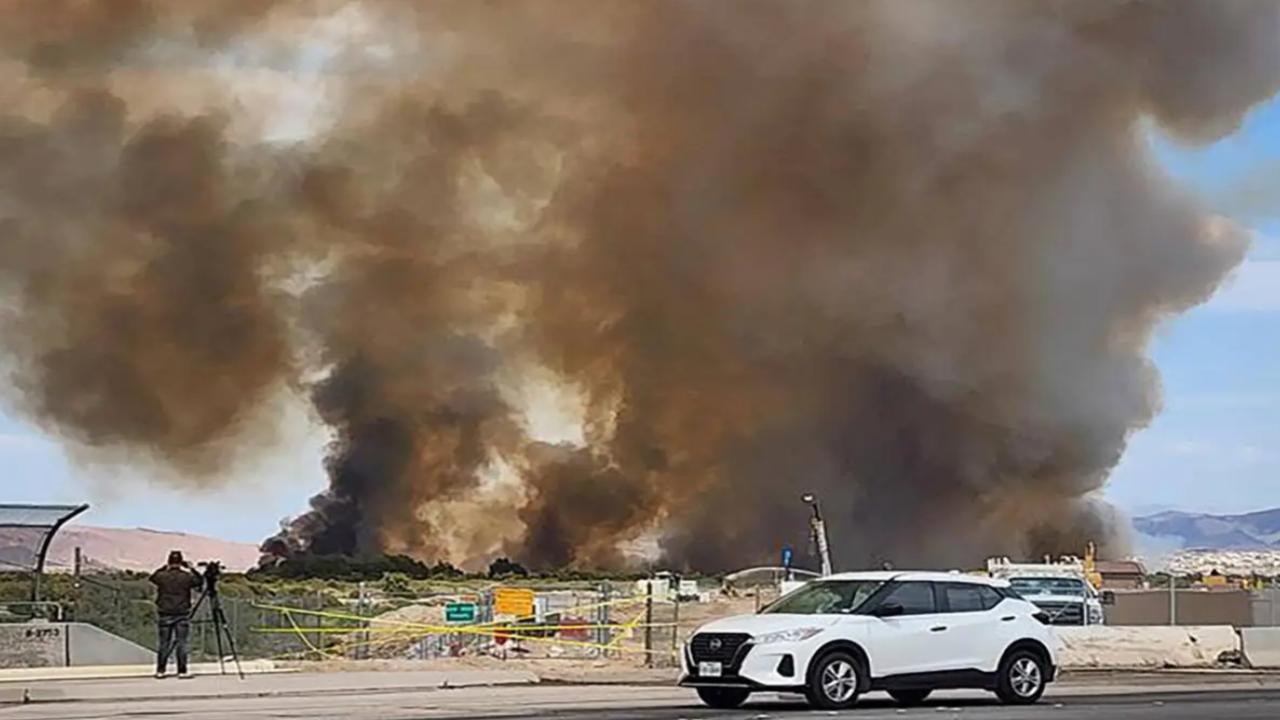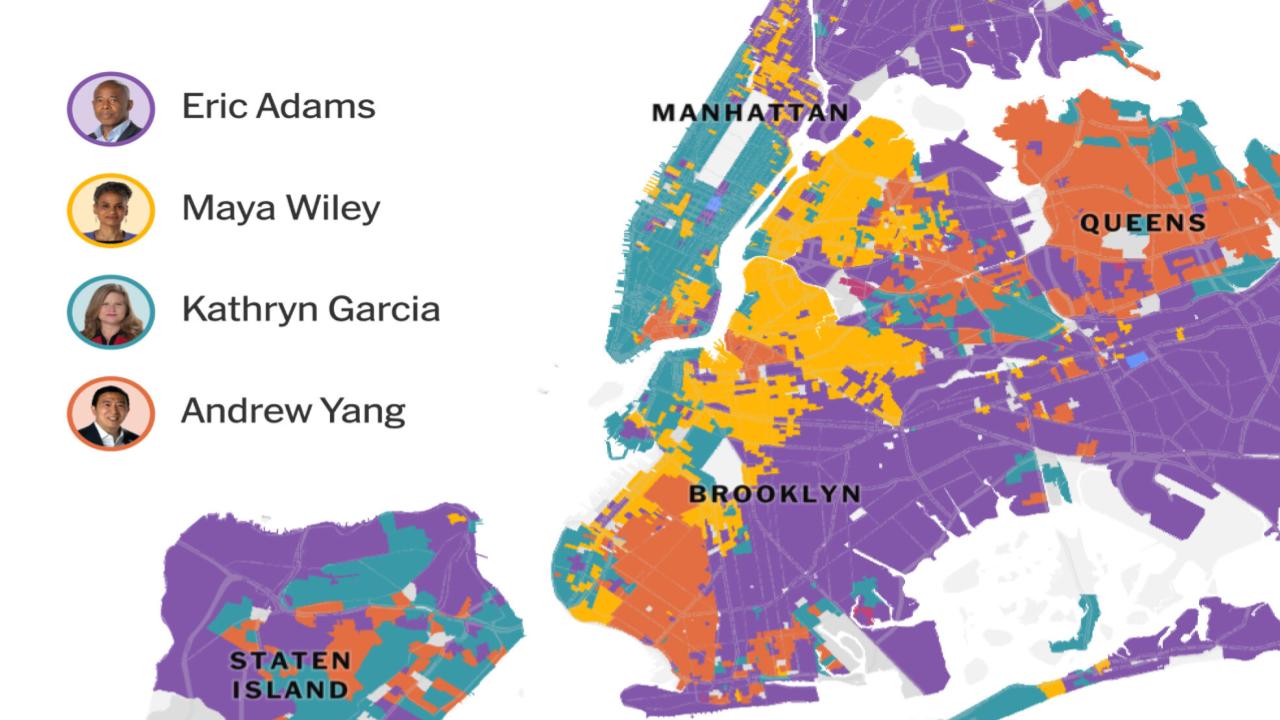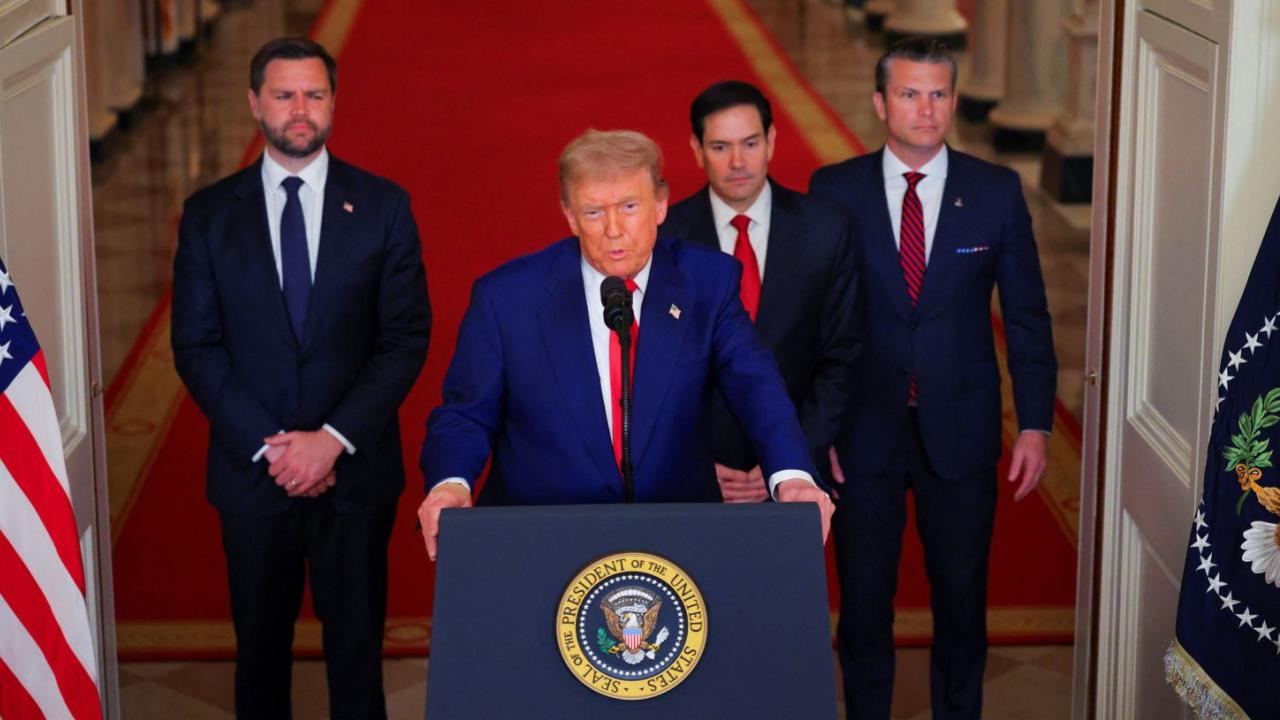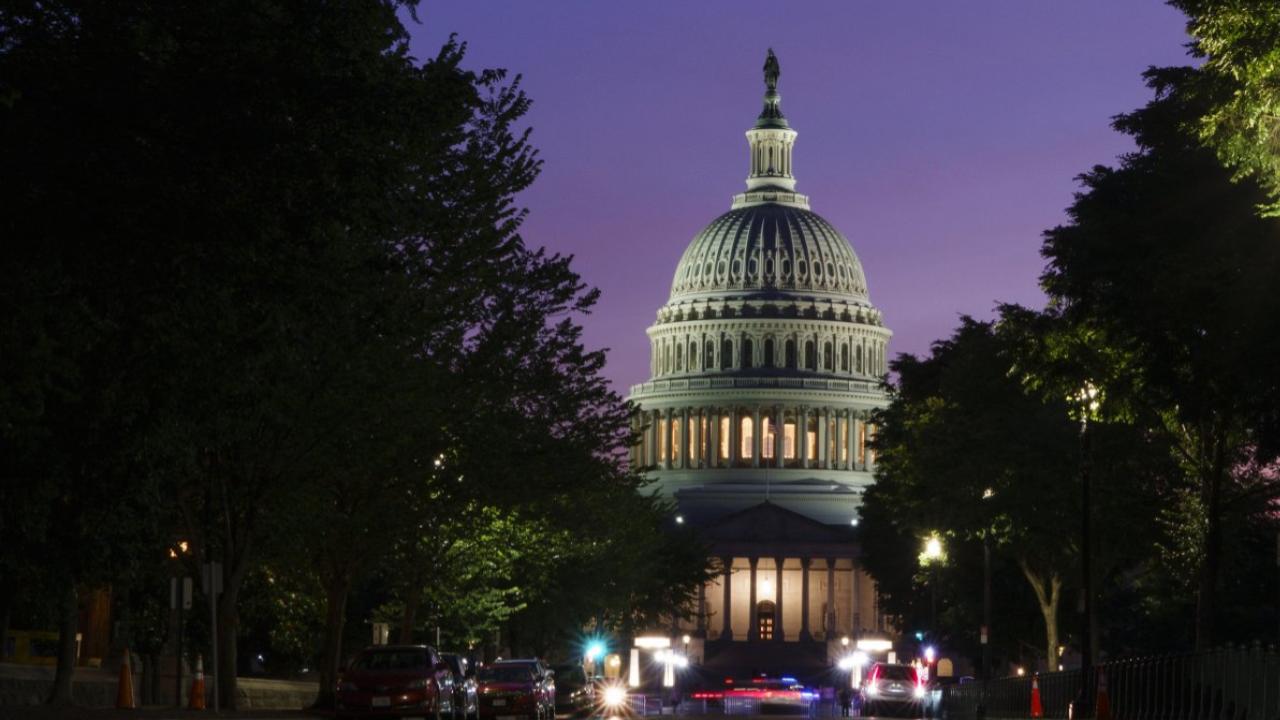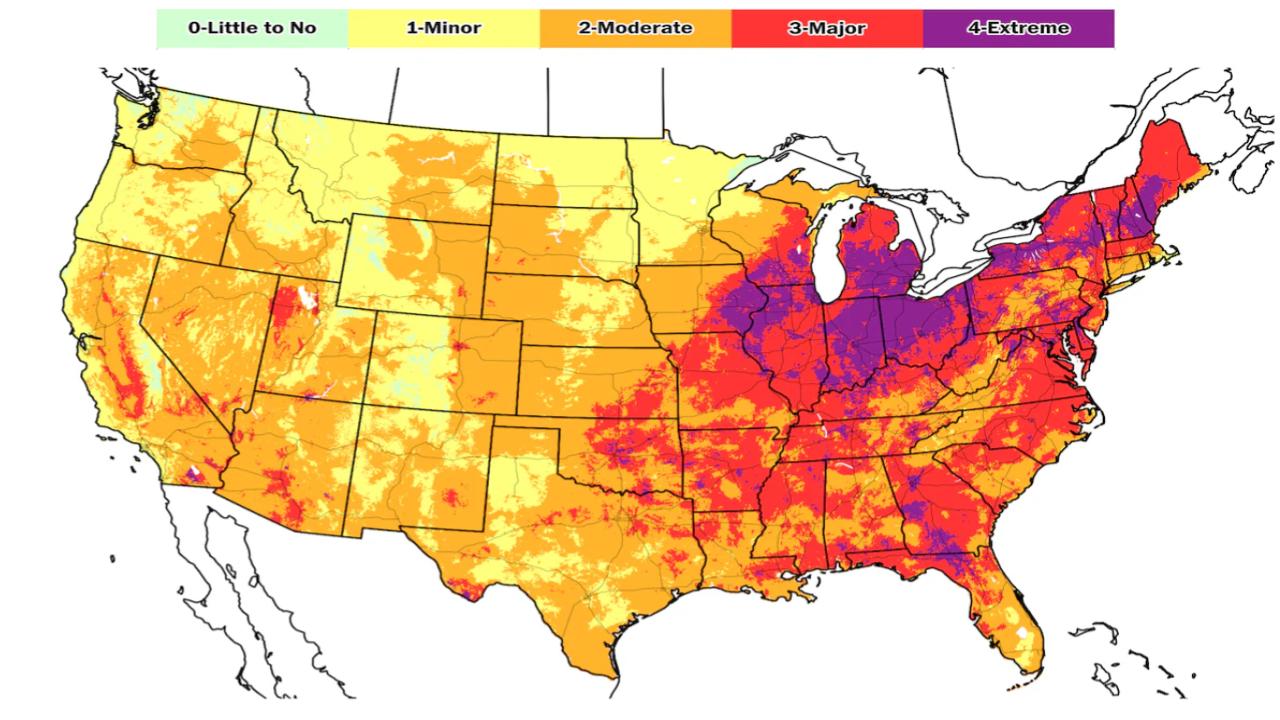The new U.S. visa policy targeting Chinese students has set off a firestorm across international education, immigration, and geopolitics. As the Biden administration doubles down on national security concerns, thousands of Chinese students studying in the U.S. may now face revoked visas, canceled dreams, and disrupted futures. And it’s not just academic—this move could seriously rattle America’s own education and economic foundations.
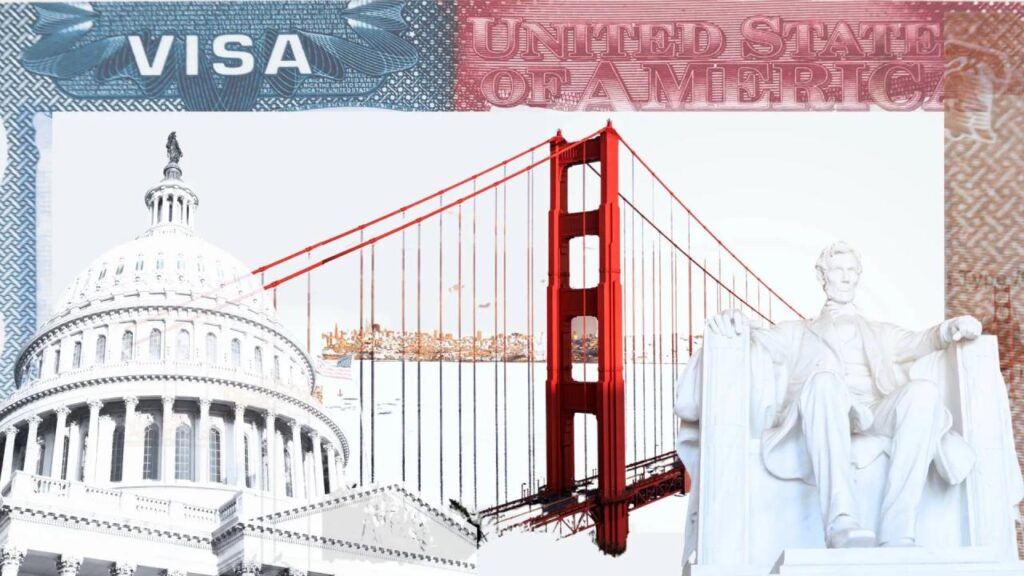
New U.S. Visa Policy Is a Game-Changer
| Key Details | Information |
|---|---|
| Announcement Date | May 28, 2025 |
| Policy Lead | Secretary of State Marco Rubio |
| Affected Individuals | Chinese nationals linked to the CCP or “sensitive” academic disciplines |
| Immediate Impact | Aggressive revocation of existing F-1 visas and tighter screening for new ones |
| Estimated Chinese Students in U.S. | Over 277,000 (2023–24 academic year) |
| Economic Impact (2023) | $50+ billion contributed to U.S. economy by international students |
The new U.S. visa policy targeting Chinese students is more than just a diplomatic jab—it’s a turning point. It signals a deeper decoupling of academic and technological exchange between the world’s two biggest economies.
While Washington sees this as a safeguard, critics argue it’s a blunt-force instrument that could do more harm than good—especially to America’s role as a beacon for global talent. As this story unfolds, one thing’s for sure: the stakes are sky-high, and the ripple effects will be felt from Silicon Valley labs to Beijing boardrooms.
What Is the New U.S. Visa Policy?
In late May 2025, Secretary of State Marco Rubio unveiled a sweeping new policy that allows U.S. immigration authorities to revoke the student visas of Chinese nationals tied to the Chinese Communist Party (CCP) or studying in what the U.S. calls “strategic sectors”—think AI, quantum computing, aerospace, or cybersecurity.
Rubio framed the move as protecting America’s “national security, research integrity, and intellectual property.” This isn’t entirely out of the blue—it builds on past Trump-era policies like Proclamation 10043, which restricted certain Chinese graduate students from entering the U.S. due to security concerns.
Why Now? What Sparked the Change?
Let’s be real: U.S.-China relations have been spiraling for years—with tech wars, spy balloon sagas, TikTok bans, and trade tariffs stacking up like Jenga blocks. This visa policy is just the latest piece in the geopolitical chess game.
The U.S. believes that some Chinese students, particularly those tied to government-sponsored programs, could be involved in espionage or unauthorized tech transfer. While the majority of students are here purely for education, the government claims it can’t take any chances.
The tipping point? Ongoing investigations by the FBI and DHS reportedly flagged dozens of cases where research data from U.S. universities ended up with Chinese defense contractors.
What Fields Are Targeted?
Rubio’s policy zeroes in on disciplines deemed critical to national defense. If you’re studying medieval history, you’re probably fine. But if your coursework includes:
- Artificial Intelligence
- Semiconductors
- Aerospace Engineering
- Robotics
- Quantum Computing
- Cybersecurity
- Nuclear Technology
…you might be flagged for additional vetting or visa revocation. The message is clear: if your studies could give China a military or industrial edge, you’re under the microscope.
How Big Is the Impact on Universities?
U.S. colleges are freaking out. And with good reason.
Chinese students aren’t just learners—they’re economic lifelines. In 2023 alone, international students contributed over $50 billion to the U.S. economy, and Chinese students made up more than 30% of that chunk.
Here’s why schools are worried:
- Full tuition revenue loss: Many Chinese students pay out-of-pocket without financial aid.
- Decline in STEM research: A large number of grad-level researchers and lab assistants are from China.
- Damage to global reputation: U.S. higher ed might no longer be the top destination.
Top universities like Harvard, MIT, and Stanford are already lobbying D.C. to tread carefully—arguing this move might protect tech, but damage America’s innovation engine long-term.
What Are Chinese Students Saying?
For students like Xiaowen Zhang, a Ph.D. candidate in quantum physics at UC Berkeley, the announcement felt like “getting expelled overnight, for something I never did.”
On Chinese social media platforms like Weibo, students and parents are in panic mode. Posts about visa revocations have gone viral, with many asking: “Should we just apply to Canada instead?”
China’s Ministry of Foreign Affairs called the policy “discriminatory and hostile,” accusing the U.S. of undermining educational exchange.
Could This Backfire on the U.S.?
Yes—and hard.
While national security is vital, critics say this blanket policy may:
- Stifle innovation: Many patents in the U.S. come from international researchers.
- Encourage brain drain to rivals: Countries like Canada, Australia, and the UK are welcoming these same students with open arms.
- Fuel anti-Asian discrimination: There are concerns this may increase racial profiling and xenophobia.
Civil liberties groups are already prepping lawsuits, saying this policy may violate due process and civil rights protections.
What Should Students and Schools Do Now?
Here’s a quick survival guide for international students and U.S. institutions:
For Students:
- Check your visa status immediately at CBP.gov.
- Avoid travel outside the U.S. unless you’re confident you’ll be allowed back in.
- Talk to your school’s international office—they’re your best support system right now.
- Stay off controversial forums and avoid social media content that could be misinterpreted during screenings.
For Universities:
- Audit all active F-1 and J-1 visa holders for compliance.
- Invest in legal support teams for students affected by revocations.
- Keep communication open with federal agencies to avoid blindsiding your international student body.
- Partner with other universities to lobby Congress—advocacy may help soften long-term rules.
This One Move Could Break the Trump-Xi Truce Forever—Here’s Why It Matters
Gap’s Hidden $300M Shock: Wall Street Reacts After Massive Forecast Dodge
Trump’s Tariff Leverage Is Gone—Taiwan Just Dominated the Game
Frequently Asked Questions (FAQs)
Q1. Will all Chinese students lose their visas?
No, only those in high-risk fields or with alleged ties to the CCP. But the vetting process is tightening for everyone.
Q2. Are other countries implementing similar policies?
Canada and the UK have introduced stricter visa screening but haven’t gone as far as revoking existing visas yet.
Q3. Can revoked students appeal the decision?
Yes, but the process is tough. They’ll need legal counsel and may have to leave the country while appealing.
Q4. Will this policy affect undergraduate students?
Primarily, this targets graduate-level programs in sensitive fields. Undergrads studying liberal arts are less likely to be affected.
Q5. Is this a permanent policy?
Unclear. If national security threats escalate, it could expand. If backlash is strong enough, future administrations might reverse it.

